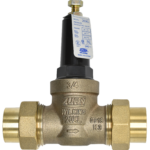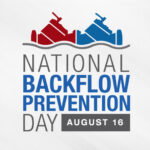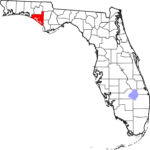An Idaho House panel voted earlier this month against rejecting Public Drinking Water Systems rules that require annual inspections of backflow prevention assemblies. Water professionals, water suppliers and public water departments around the state were very vocal about preventing the weakening of rules mandating the testing of backflow prevention assemblies in the state. A bill pushed by state Representative Lance Clow, R-Twin Falls Idaho would eliminate annual testing of backflow prevention assemblies in the state. Rep. Clow does not believe it makes sense to do annual testing as his quote makes clear, “But there has to be a risk-reward trade off to some of the actions that they’re expecting to be done. And I’m saying that the risk reward of this is so minimal.”
Nearly everyone who testified on the bill were opposed to it and spoke in favor of maintaining the requirements for annual testing. Darin Taylor, the mayor of Middleton Idaho made clear that he made the point that ensuring high water quality in the city system affects everyone, not just those who must have their backflow prevention assemblies inspected. The Mayor stated, “Next to police work, and maybe before police work, the single most important thing that we do as cities is provide clean, safe drinking water.” “It’s the holy grail of the city and the city systems.” His comments were followed up by Twin Falls Water Superintendent Robert Bohling, who said that testing the water and the systems is important for the safety of Idaho residents. He also brought up issues occurring in other state saying, “I don’t want another Flint, Michigan in Twin Falls.”
Rep. Ron Nate, R-Rexburg, during the meeting made a motion to give the bill a do-pass recommendation. He then made the point that even if the rule was changed eliminating the testing mandate statewide many cities would still require testing on a local level, and that the proposed change would merely eliminate government overreach. In the discussion that followed Rep. Ilana Rubel, D-Boise, made clear that the rule is not a case of government overreach. Rep Rubel stated “We can’t have a situation where drinking water in Boise is OK, but in Weiser you may get cholera,” “We just can’t have that. We need to have a consistent, safe source of water across our state, which is what our rule currently provides.” In the end the committee voted ten to six to allow the testing mandate to remain.






 27 Mar 2018
27 Mar 2018
 Posted by BP Journal
Posted by BP Journal 













